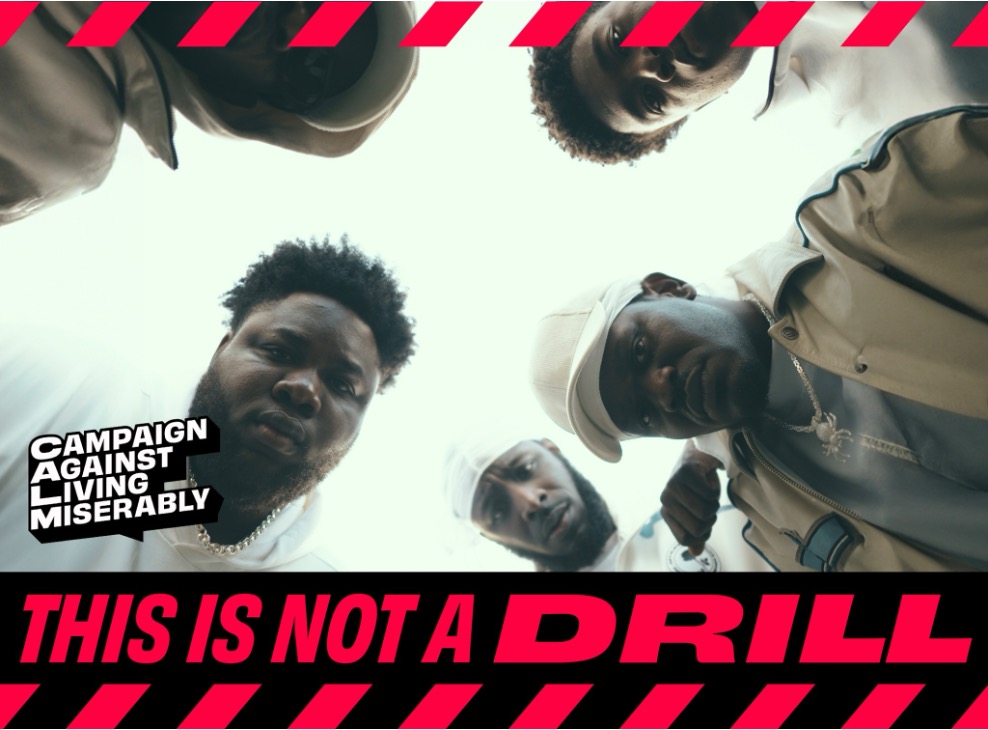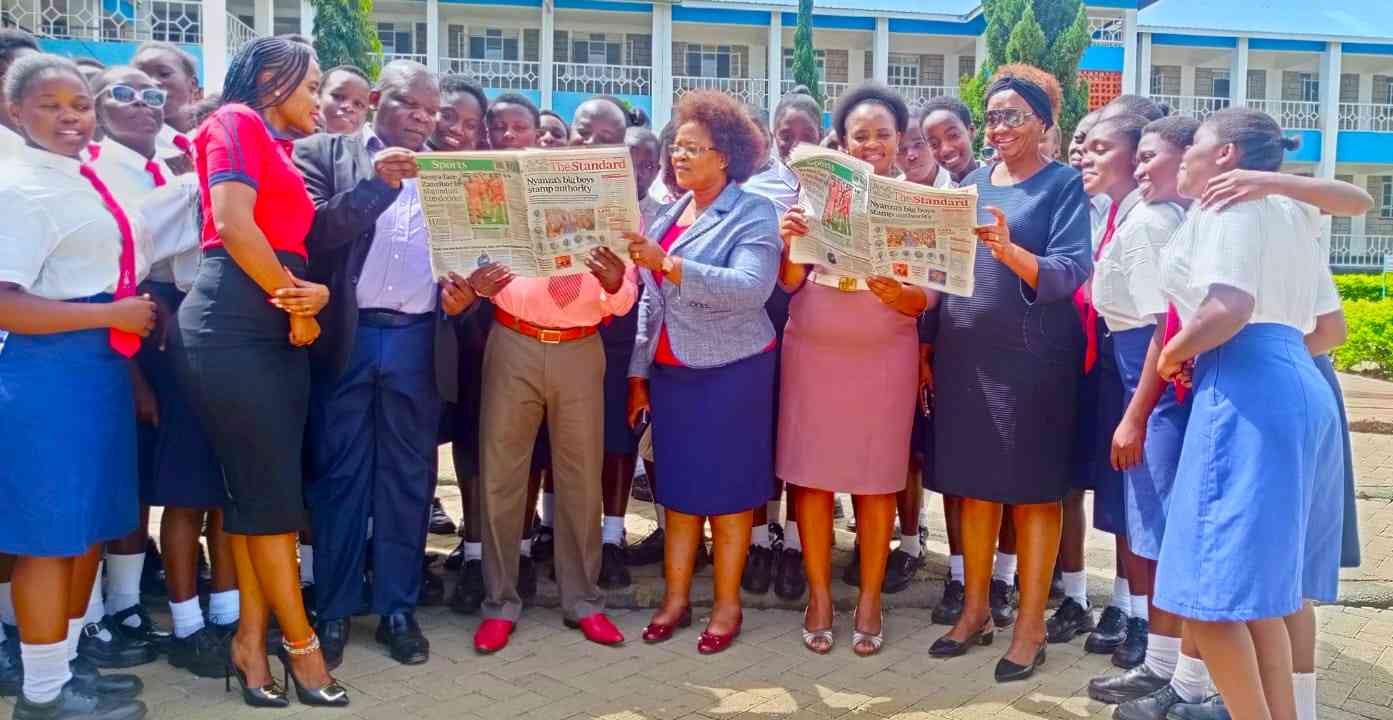SPRINGFIELD — In the latest legal setback for Illinois’ sweeping gun ban, a downstate judge on Thursday put a temporary hold on the law for more than 1,000 plaintiffs in a lawsuit, including former Republican candidate for governor Darren Bailey and dozens of firearms dealers.
White County Judge T. Scott Webb found that the lawsuit stood a chance of succeeding because the weapons ban likely violated the equal protection clause of the Illinois Constitution.
The decision mirrors a ruling issued Tuesday by the state’s 5th District Appellate Court that sided with a judge in Effingham County on a similar legal challenge. More than 850 plaintiffs and a handful of firearms dealers in that lawsuit are also temporarily exempt from the gun ban.
The appellate court, however, rejected three other counts in the Effingham County lawsuit, a decision that was mirrored by Judge Webb in the White County case.
Three counts in the Effingham County lawsuit that were rejected by the appellate court also were denied by the White County judge.
Both lawsuits were filed by attorney Thomas DeVore, a Republican who ran unsuccessfully for attorney general last year against Democratic incumbent Kwame Raoul, who along with Gov. J.B. Pritzker, House Speaker Emanuel “Chris” Welch and Senate President Don Harmon is a defendant in the lawsuits.
Pritzker and Raoul have vowed to contest legal challenges to the weapons ban, and Raoul’s office said this week it would appeal the appellate court’s decision to the state Supreme Court.
In addition to the county lawsuits, at least three federal lawsuits, including one from the Illinois State Rifle Association, challenge the ban and have been consolidated with the U.S. District Court in southern Illinois. Rather than challenging the gun ban on state constitutional grounds, those lawsuits argue the law violates the Second Amendment of the U.S. Constitution.
Like the appellate court ruling, the judge in White County, a rural area in southeastern Illinois bordering Indiana, found that the ban likely violated the equal protection clause of the constitution because it is applied inconsistently. For example, active police officers and military personnel, as well as prison wardens, are exempt from the ban, while retired military personnel are not.
“As Plaintiffs pointed out during oral arguments, it is unclear at best whether prison wardens are required to undergo any firearms training that might justify their exemption from the Act,” Webb wrote in his 11-page ruling. “Additionally, the Act exempts active-duty military members but does not exempt veterans. One would think that veterans would be as qualified and trained in firearms safety as active-duty military members.”
In addition to Bailey, plaintiffs in the case who are temporarily relieved from following the law include Republican state Reps. Adam Niemerg of Dieterich and Blaine Wilhour of Beecher City. Both were aligned with Bailey during his time in the General Assembly as part of a far-right group of lawmakers from southeastern Illinois known as the “Eastern Bloc.”
“This is another win for the Constitution and for honest firearm owners in the state of Illinois,” Niemerg said in a statement Thursday. “We are chipping away at this extreme law with each case working its way through our court system. It will take time, but this law will be overturned because it is a clear violation of our constitutional rights.”
The gun ban was spurred by the mass shooting at the Fourth of July parade in Highland Park that left seven dead and dozens injured. Signed by Pritzker hours after it was passed by legislators, it immediately bans the delivery, sale, import and purchase of guns the law designates as “assault weapons.”
Starting next year, people who possess guns covered by the ban must either register them with the state or face a misdemeanor for a first offense and a felony for subsequent offenses. The law also immediately bans the delivery, sale or purchase of large-capacity ammunition magazines of more than 10 rounds for long guns and 15 rounds for handguns.
As of April 10 current owners’ possession of large-capacity magazines will be allowed only at private residences, at a firing range or a sport-shooting competition, or at a federal licensed gun dealer for repairs. Violations will be subject to a $1,000 fine.
Also, devices that increase the firing rates of a firearm, known as “switches,” to turn them into semi-automatic or automatic weapons, are immediately banned, and someone in possession would face a felony count for each device.
The new law also speeds up to July from January the existing requirement for universal background checks for private gun sales. It also modifies the state’s current “red flag” law that allows relatives and police to seek a court-approved firearm restraining order to keep guns out of the hands of dangerous people, extending the duration of the orders from six months to a year.
jgorner@chicagotribune.com










:quality(70)/cloudfront-us-east-1.images.arcpublishing.com/tronc/QN4QW7H4GNCLPMR4SEMTYTNQGM.jpg)






Discussion about this post